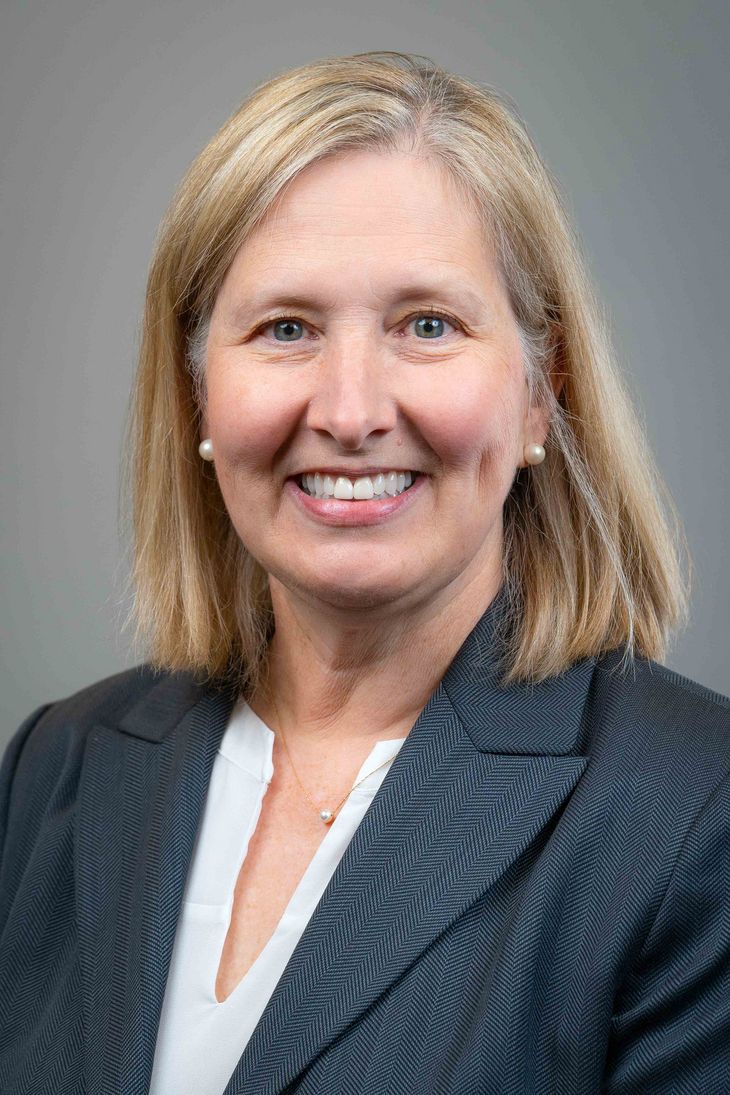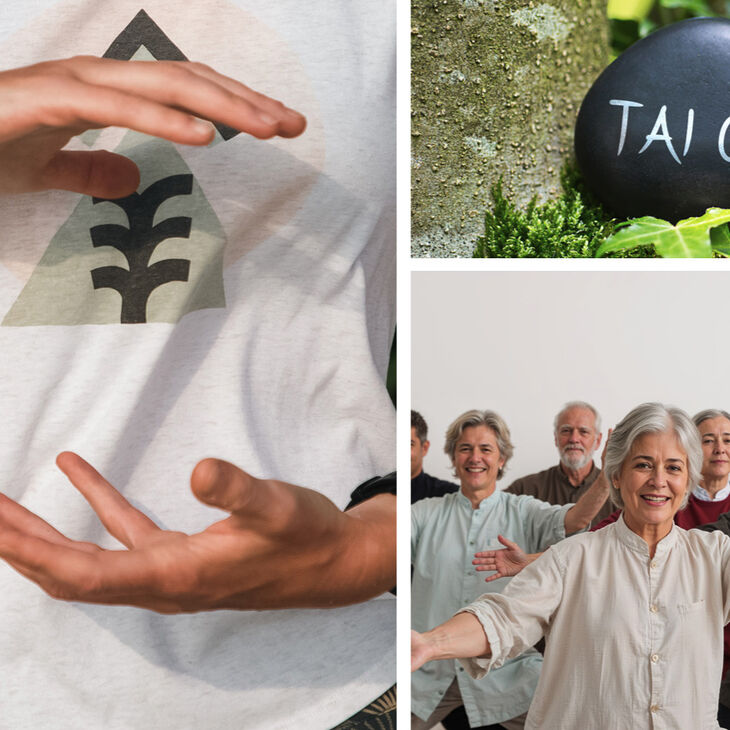Karen M. Rose

Dr. Karen M. Rose is a veteran gerontology nursing research expert. She brings her experience as dean and professor at the College of Nursing and as co-director of the Golden Buckeye Center for Dementia Caregiving. Her extramural funding totals over $5 million through the National Institutes of Health and the National Science Foundation, and the John A. Hartford Foundation for her work targeting technology use for persons with dementia and their family caregivers. For these patients and families, Dr. Rose’s expertise demonstrates a special focus on the unique needs of underserved and vulnerable (ethnic and gender minority groups of older adults and family caregivers) and her work includes a record of successful collaborations with multidisciplinary healthcare teams.
Dr. Rose is developing and deploying sensing modalities using acoustic sensors and real-time self-care recommendations using machine-learning principles to measure and intervene in stressful situations for family caregivers for persons with dementia. This work seeks to strengthen a caregiver’s coping skills and to affirm a caregiver’s contributions in the important work they undertake. In her prior work, she found half of the incidences of nighttime urinary incontinence are associated with nocturnal agitation and awakenings for older adults living with dementia. Oftentimes, these sleep disturbance events become the “tipping point” for caregivers and as a result they seek institutionalization for their family member. Her work in this area continues as she is developing interventions to address these challenging issues.
Dr. Rose’s contributions include characterizing the predictors of caregiver burdens to evaluating the best practices/programs, including technology-based programs, to support persons with early stage dementia. Her work includes evaluating the merit of non-pharmacological interventions, such as mindfulness-based strategies and best practices for sleep in persons living with dementia, areas which have been missing in past research. Her work has also produced an educational intervention for medical and nursing students regarding transitions in care for older adults with dementia from hospital to home. This training uses best practices in providing interprofessional training based upon funding from the Josiah Macy, Jr. Foundation. She has received awards for her teaching excellence.
Dr. Rose served as the Co-Chair of the Expert Panel on Aging in the American Academy of Nursing (AAN). She leads the team work exploring the needs and challenges of vulnerable and marginalized older adults and their caregivers. Previously she served as the Co-convener of the Nursing Care of Older Adults, Special Interest Group with the Gerontological Society of America (GSA) for four years. Dr Rose serves on the National Hartford Centers of Gerontological Nursing Excellence, Annual Leadership Planning Conference Committee where she has been a member since 2016. The depth of her research work and grant management skills makes her an excellent mentor for new faculty and graduate students to follow in her footsteps.
Dr. Rose earned her baccalaureate degree in nursing from Shenandoah University in Winchester, VA. She earned her master’s degree from Virginia Commonwealth University and her PhD in nursing from the University of Virginia. She was a pre-doctoral scholar with funding through the National Institutes of Health and the John A. Hartford Foundation’s Building Academic Geriatric Nursing Capacity program. She was a Claire M. Fagin post-doctoral fellow with a focus on sleep disturbances in dementia with funding from the John A. Hartford Foundation. She is currently a 2020-2021 Health and Aging Policy Fellow, a program that is jointly funded through the John A. Hartford Foundation, The Atlantic Philanthropies, and West Health.
News
Discover 5 reasons why becoming a nursing educator may be the next step in your career and how to make it a reality.
The Ohio State University is the No. 1 producer of Fulbright U.S. Scholars for the 2025-26 academic year among all colleges and universities in the United States, with 12 selected for the prestigious award.


